With so many organic coffee brands out there, we’ve sampled a few so you can learn more about their flavors and decide which one is best for you.
We are all living in some pretty crazy times at the moment. If you’re like me, you’re now officially stuck at home with your spouse, partners, kids, pets, and anyone else who all may live under the same roof. And when supermarket shelves are emptying at an alarming rate, one less thing to worry about having on hand is our daily coffee.
I think we can all agree that a great cup of coffee first thing in the morning can at least aid in our day being a little bit better. And if it’s delivered right to your door? Even better.
I look at a lot of factors when choosing what coffee beans I want to brew at home. Is it too acidic? Is it bitter? Sweet? How bold is it? Is it fair trade and/or organic?
This may seem obvious, but because there are so many different kinds of coffee out there, it’s hard to know what actually constitutes a high-quality coffee. For us, we like to start with two benchmarks: fair trade and organic.
But here’s the catch, not all organic coffee is fair trade and not all fair trade coffee is organic so before we move on, let’s take a quick look at each.
What exactly does fair trade mean?
For a product to have Fair Trade certification, a producer of goods must meet a set of strict standards that ensures that the farmers and anyone involved in the production were treated and compensated fairly. According to Food Republic, “Fair Trade grew out of a grassroots movement to promote goods that were made soundly by small, independent producers in the world.”
In the United States alone, consumers started boycotting products made by slaves as far back as the early 19th century. Long story short: the general public wanted to be sure that the products they were purchasing came from an ethical source.
What does it mean for coffee to be organic?
The answer here is really gray so I spoke with Tony Riffel, owner of Octane Coffee in Atlanta to get some clarity.
“It’s a bit tricky. There are definitely some options out there, however, the costly organic designation and the strict criteria throughout the supply chain and process make it somewhat prohibitive for a lot of the small farmers. The smaller farms usually use organic practices (and they have some of the best coffees since they are small and more interesting), but the cost of the designation makes it tough. Once the roaster gets the beans, in order to be organic, they need to buy organic beans, pay for the designation and follow the strict guidelines as well. [For example], they need to store everything separately and sometimes even use a different coffee roaster or go through a strict cleaning process between types of coffee which makes the practice impractical at times.”
The takeaway I got from this exchange is that although a roaster or coffee producer may already comply and do all the things that would technically designate it as being “organic,” the cost behind getting the actual stamp of approval isn’t necessarily worth it.
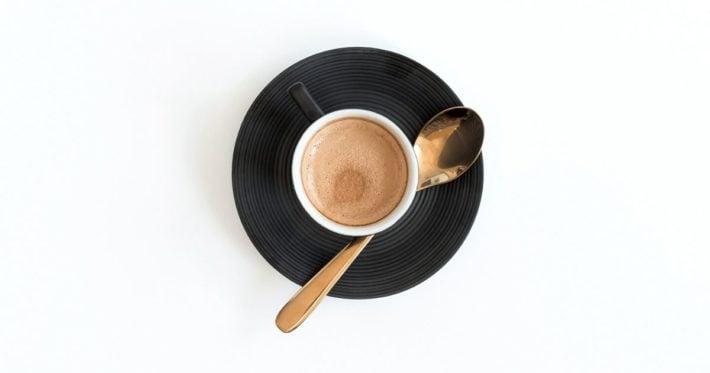
Where fair trade meets organic when it comes to coffee
Having said all of that, I still wanted to know which coffee producers took the extra step to get the designated organic certification while maintaining the fair trade ethos.
It was eye-opening to see how niche being both fair trade and organic was.
While the industry is always growing with more and more vendors wanting to have a seat at the table of sustainability and fairness, several roasters stood out to me at this time.
Counter Culture based in Durham, North Carolina has both organic codification as well as a Direct Trade certification and internal programs that promote sustainability and minimize their carbon footprint in the coffee industry.
Grounds For Change in Seattle, Washington is a small, family-operated roaster that guarantees 100% fairly traded organic beans.
Death Wish Coffee in Saratoga Springs, New York is 100% organic and fair trade and claims to be the “world’s strongest coffee” and will even back that up with money-back guarantee.
Purity Coffee in Greenville, South Carolina is not only 100% organic, they also use direct trade citing “it is better than fair trade” since direct trade makes the quality of the actual coffee beans a priority.
Finally, the one I found most interesting was Equal Exchange, a for-profit worker-owned co-op that distributes fairly traded coffee, tea and chocolate.
I perused Equal Exchange’s organic coffees and selected a few to try. I also ordered Death Wish’s signature “World’s Strongest Ground Coffee” along with Purity’s Dark Roast.
During my research, I made sure that all the coffees I purchased were both fair trade and organic so they were all starting on the same playing field.
For consistency, I brewed them all the same way in my regular drip coffee maker and initially tried them all black, to begin with and then for my second cup, I added two sugars and a splash of cream. With the exception of the Fellowship Blend and Purity’s Dark Roast, all of them had the drip grind.
RELATED: Learn all the pros and cons (IMO) of the Vejo portable blender.
This is how they ranked from best to worst in my opinion.
1. Fellowship Blend Full City Roast
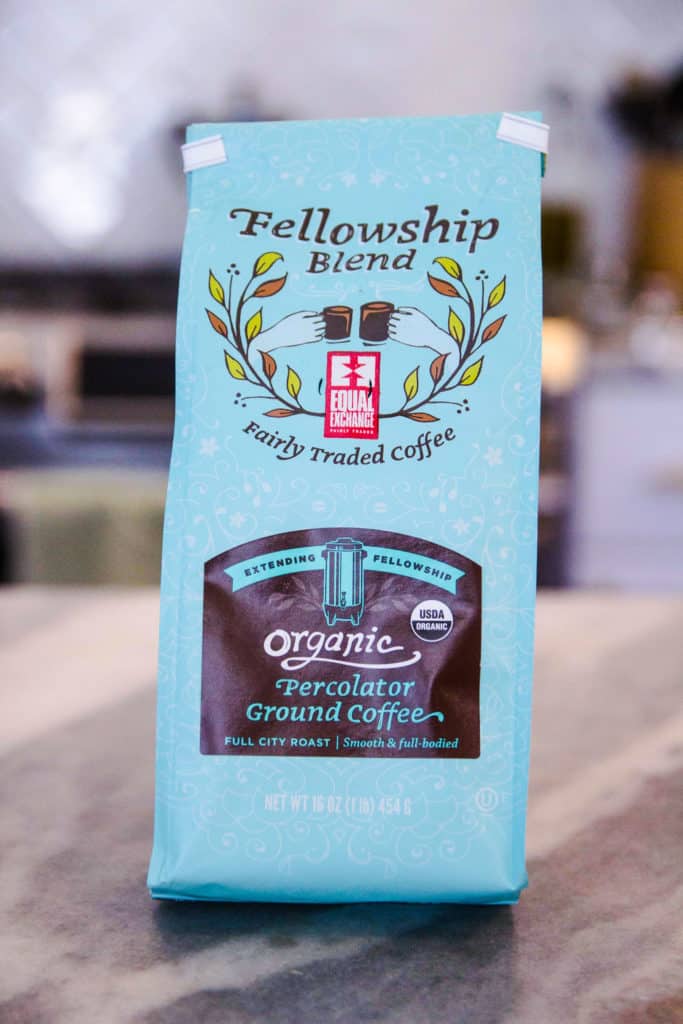
Fellowship Blend Full City Roast made it to the top of my list. It’s priced at $11.00 per one-pound bag and can also be purchased for $38.00 for a five-pack.
The packaging describes it as “smooth and full-bodied” which I can 100% attest to. This was the Percolator Ground Coffee which is coarser than your standard drip grind, but will still brew well in a drip coffee maker. It has a very sophisticated mouthfeel with a sweet aftertaste, even without adding the cream or sugar. It almost has a brown sugary underlying note which makes it such a pleasant first cup of coffee in the morning.
I actually preferred the taste of this specific coffee black and kept going back to it throughout the week.
2. Death Wish World’s Strongest Ground Coffee
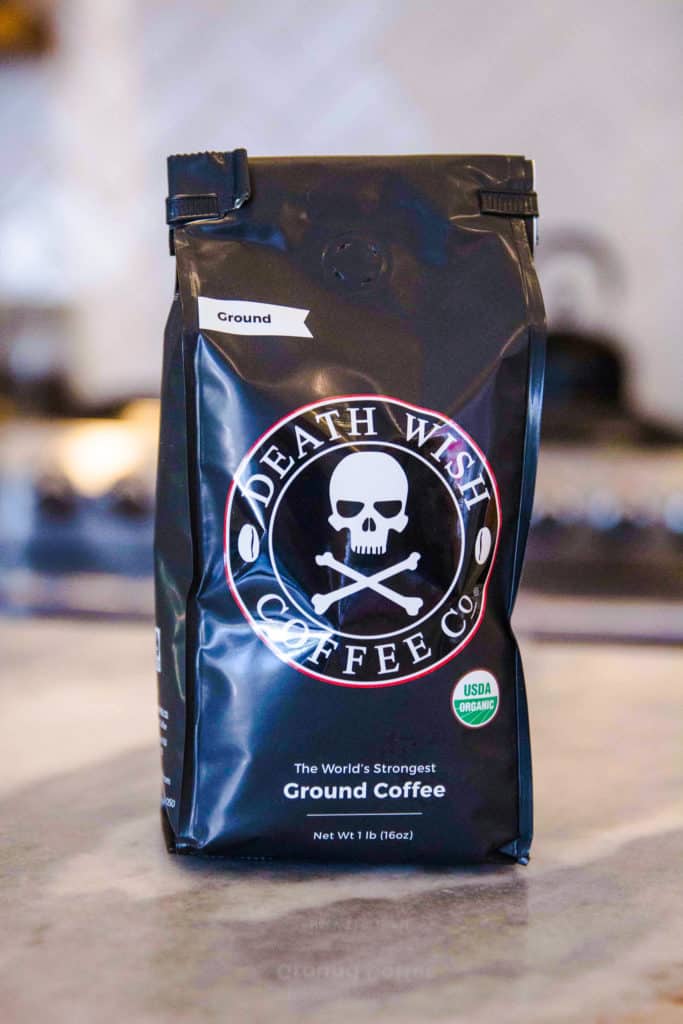
Next on the list is Death Wish World’s Strongest Ground Coffee. And WOW. They definitely live up to their claim.
Don’t get me wrong, I love a good strong cuppa first thing in the morning or to help me with my mid-day slump but I’d be lying if I didn’t say that I am a cream and sugar girl myself and I’d be lying if I said it didn’t make me jittery.
I took one sip of it black and literally didn’t have the stomach for its strength. But once I added the cream and sugar? It was fantastic.
Price wise, they are on the higher end of the scale at $19.99 for a one-pound bag or $17.99 a month with a subscription.
They also have instant coffee! And I know, I know. Instant coffee isn’t exactly high-brow, but having an organic coffee option to travel with on a camping trip or for the simple ease and convenience of it is totally worth considering!
3. Purity Dark Roast
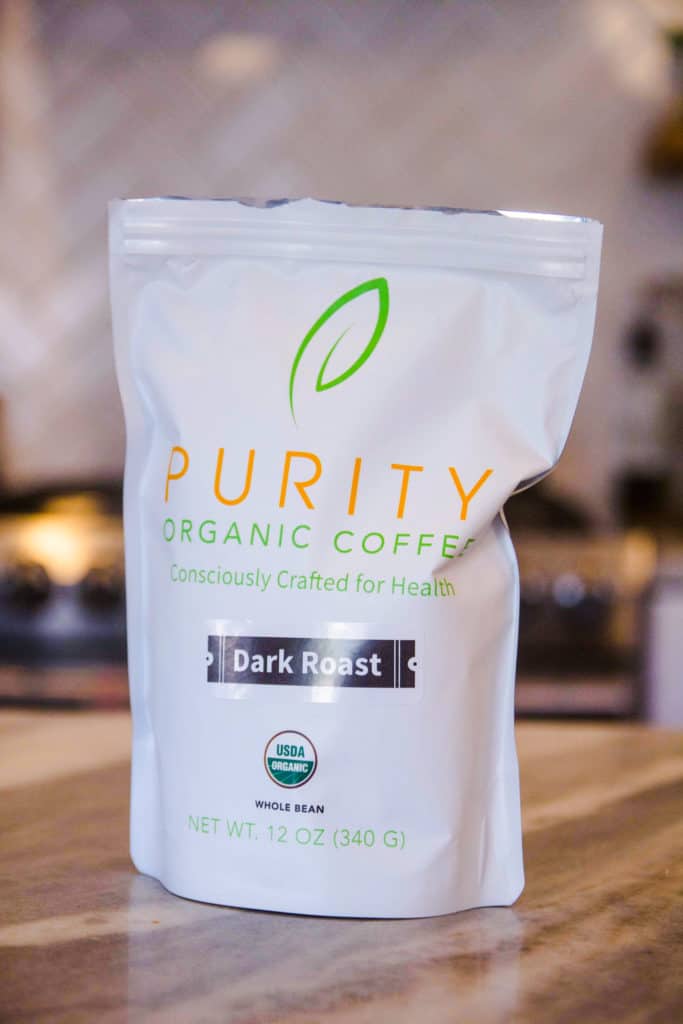
Purity Dark Roast came in third on this list. I found it to be good. I wouldn’t describe it as a “dark roast” because once it was brewed, the viscosity and clarity of the coffee itself was actually pretty light in color.
If it were described as a “light” or “medium” roast, I think my expectations would have been lowered when it came to its strength. As a light or medium roast coffee, it was wonderful, but it definitely didn’t have the heft of a dark roast coffee.
What caught my eye here is their ethos to drastically increase the health benefits of coffee while dramatically decreasing (or even eliminating) the negative effects of coffee through conscious sourcing, processing, and roasting.
Purity even lab tests all the beans they source to make sure they are free from mold, mycotoxins and contamination which is huge.
They are on the higher end cost-wise at $20.00 for a 12-ounce bag or $18.00 a bag/month if you decide to subscribe.
4. Sisters’ Blend Full City Roast
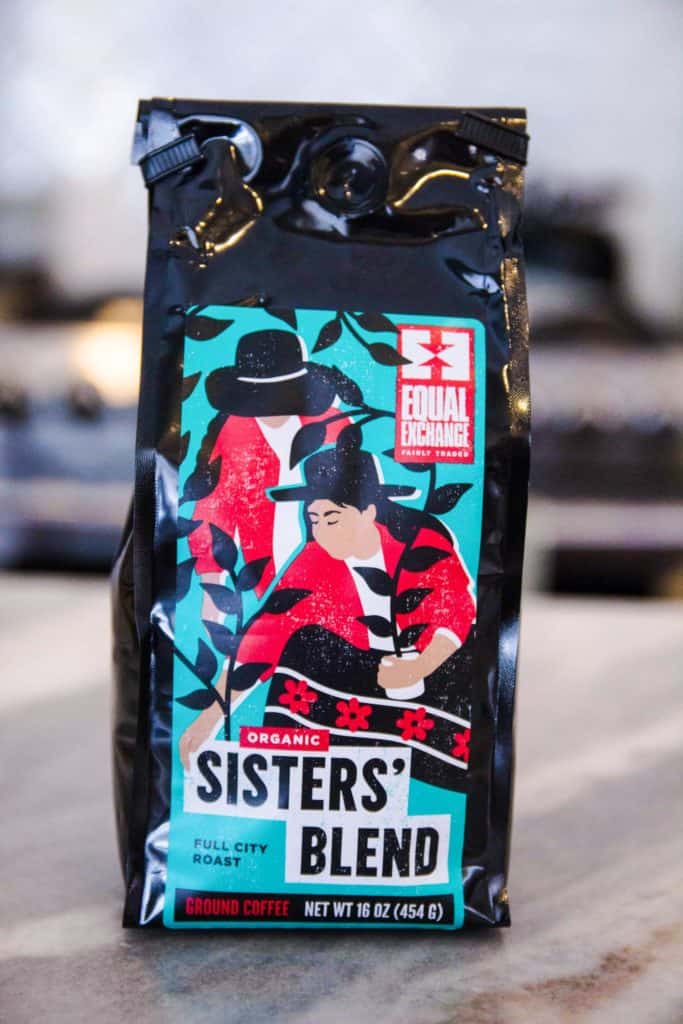
Next, on the list is Sisters’ Blend Full City Roast. It’s priced at $10.00 per one-pound bag and can also be purchased for $41.00 for a five-pack.
What I love about this specific coffee is that it is grown by small scale farmers in Nicaragua and Peru. Equal Exchange supports and honors the women coffee producers behind this brand.
While this coffee is described as “full,” I found this to be a lighter roast compared to the other coffees I sampled. It was slightly more acidic, too, however, there was no bitter aftertaste. I felt this tasted richer and better with the addition of cream and sugar.
5. Mama Tierra
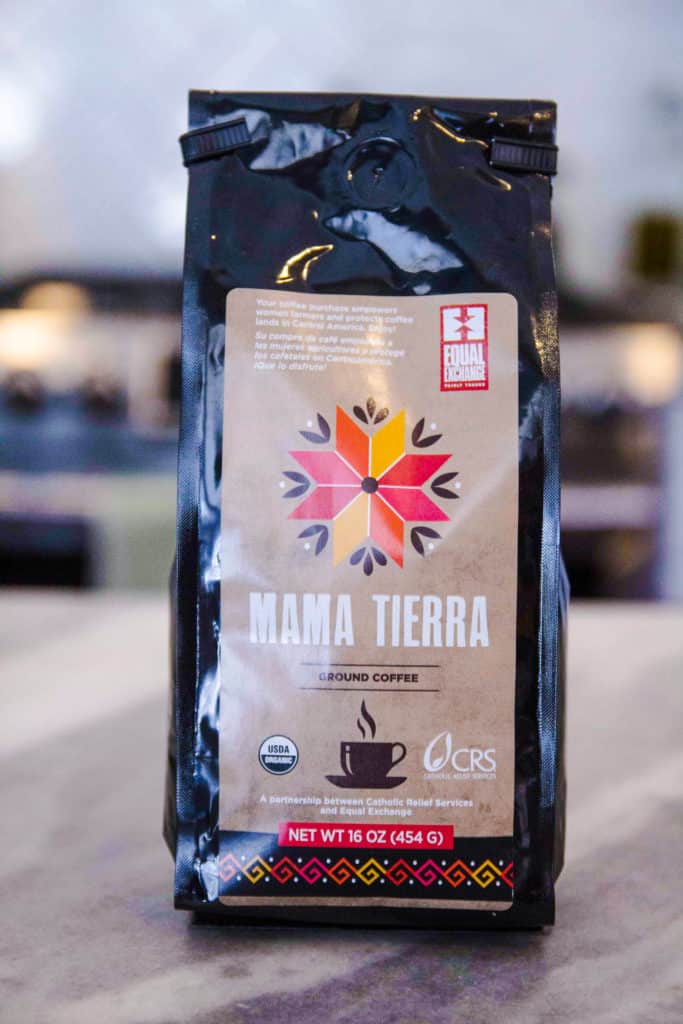
Mama Tierra coffee came next and I found it to be a very smooth coffee. It’s priced at $12.00 per one-pound bag and can be purchased for $45 for a five-pack.
Originating from Oaxaca, Mexico, this brand represents and supports women coffee farmers and their families, which I love. It’s described as being a medium roast but I actually found it to be lighter than the previous two coffees I tried.
And another feature I found with this specific roast was that it was actually easier on the stomach than the rest! This coffee could be enjoyed black without feeling like you got a punch in the gut first thing in the morning, but it was also nice with cream and sugar for an even lighter breakfast beverage.
6. Equal Exchange’s Love Buzz
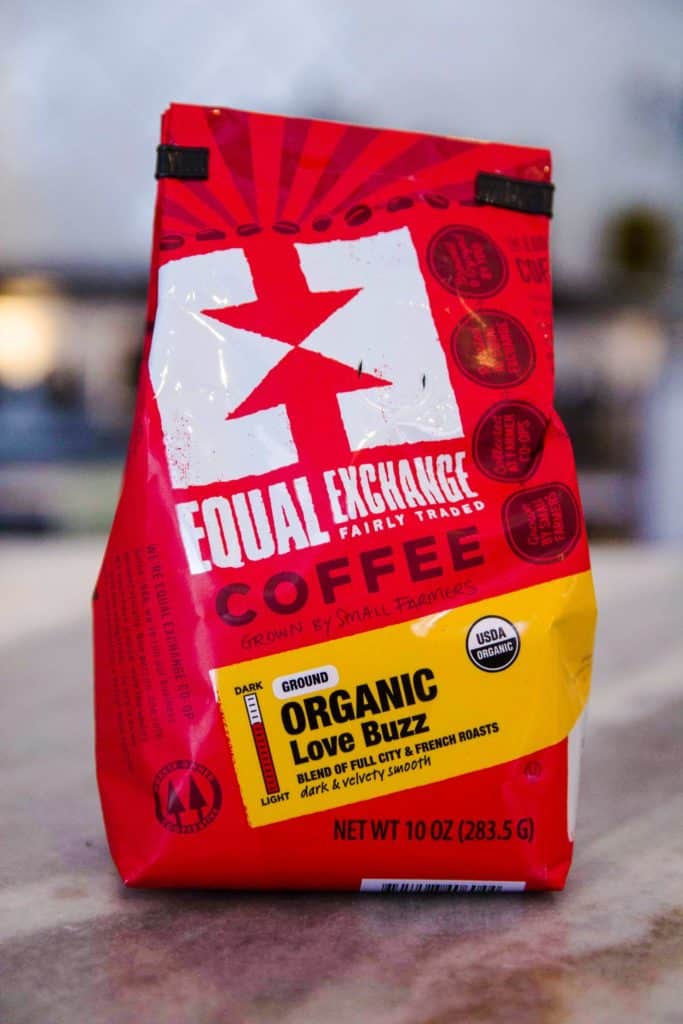
Finally, we have Equal Exchange’s own Love Buzz which is described as a “blend of full city and french roasts.” It’s priced at $8.49 per ten-ounce bag and can also be purchased for $41.40 for a six-pack.
While this was described as a “dark and velvety smooth” roast, I, unfortunately, have to disagree with their description. I found this to actually be the lightest roast of all the coffees I sampled. It had a slightly sweet, but burnt aftertaste, not unlike a brewed cup from your local diner. With enough cream and sugar, this coffee was fine, at best, but not one that I would be reaching for again soon.
Taste in Coffee is Subjective
My love for coffee runs deep and I could go on and on about coffee but I’ll spare you my rambling. Long story short, I found that there is no “one-size-fits-all” fairly traded organic coffee. Each roaster has its own set of criteria to meet and farmers they want to support.
While the above-mentioned purveyors are just a small fraction of the entire coffee industry, they highlight the intersection of where fair trade meets organic. And that’s where it’s at!
There are even organic coffee subscription services that take the guesswork out of buying ethical coffee. I’ve got my eye on you Trade Coffee! Trade Coffee partners with roasters across the country to deliver “high-quality, ethically sourced coffee to your door.”
What I took away from this experience was that coffee is completely subjective. What I liked over another didn’t necessarily mirror my husband’s preference and vice versa.
I love a full-bodied coffee with robust caffeine, but my husband prefers something crazy strong. Then there are also the coffee drinkers who not only drink it as part of their daily morning routine, they also consume it for health.
That said, there are so many types of beans, roasts, farmers, and vendors out there making the task of trying out different coffees quite enjoyable. Finding an organic and fairly traded coffee that you like just takes a little bit of legwork and research but start here and we think you’ll find something you like!
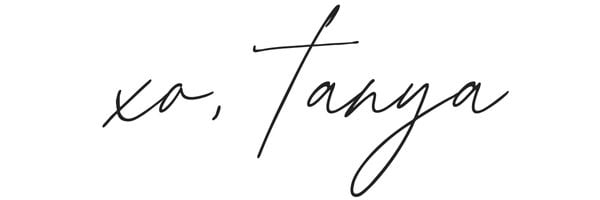
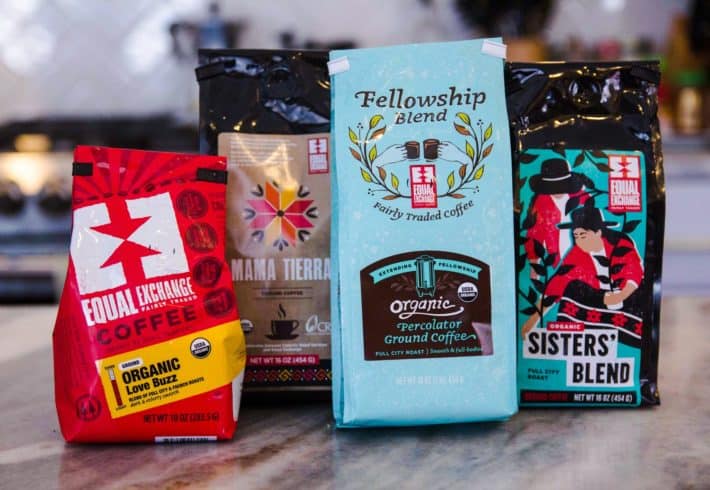
Sources
https://coffeechronicler.com/best-coffee-beans/organic/
https://www.foodrepublic.com/2014/02/19/what-does-fair-trade-coffee-really-mean/
https://www.fairtradecertified.org/why-fair-trade
https://impactpodcast.com/episode/2015/05/fair-trade-101-with-equal-exchange-s-rodney-north/
https://shop.equalexchange.coop/

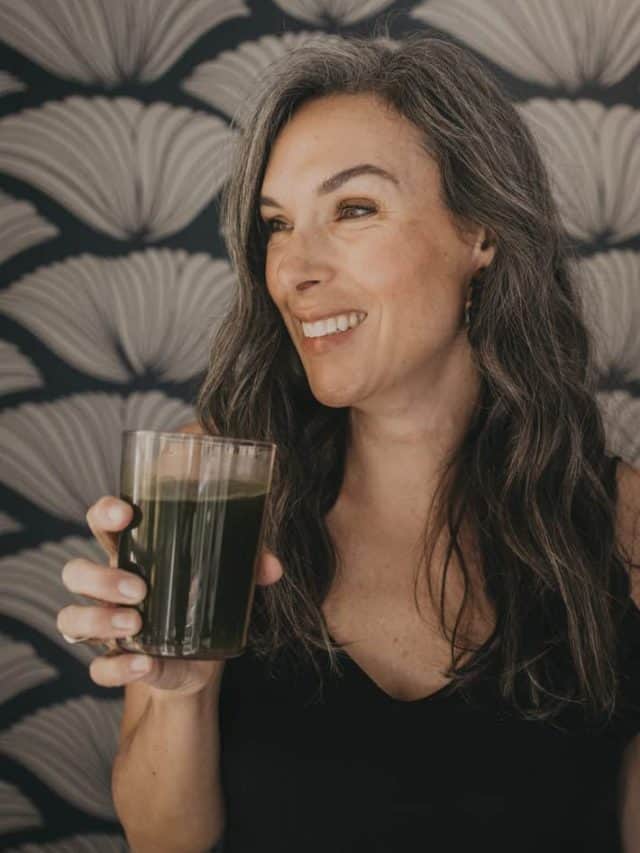
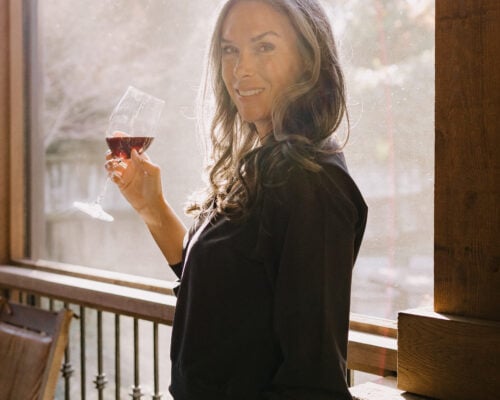
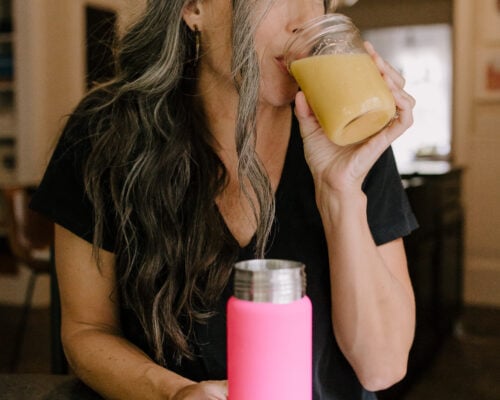
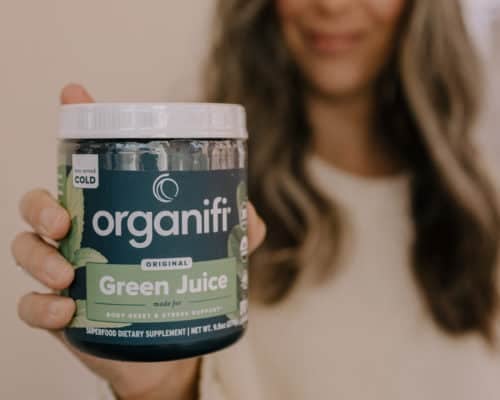
Lorena
April 24, 2020Great topic…near & dear to my heart!! Welcome aboard!
Landry's
May 2, 2020Great list of coffees! Thanks for you for sharing.
Lisa
May 2, 2020Thanks!
Hannah
May 3, 2020Loved the writing and the content! So excited to see what else your going to bring Lisa and read more writing from Tanya!
Lisa
May 3, 2020Thanks so much for reading Hannah and for these generous words of encouragement!
Jennifer
December 29, 2020I am looking for a non toxic coffee maker. What have you found? This is a lot of great info. Thank you
Jennifer
November 4, 2021Awesome article. I usually buy my organic coffee through a subscription on https://www.stumptowncoffee.com/ but these look sooo good I may have to pause for a bit and give these a try! Thanks for the good read.
Lisa Fennessy
November 5, 2021Oh awesome – I’ve been looking for a fun subscription. Does this one ever include organic options? xo, Lisa
Michelle
March 28, 2024Hello.trying to find a healthier coffee without mold. Was told life boost is the way to go. Was sourced, grown in the shade and the ph. Do you have any knowledge of this?
Lisa Fennessy
March 29, 2024I don’t but we like Purity Coffee who test for mold!